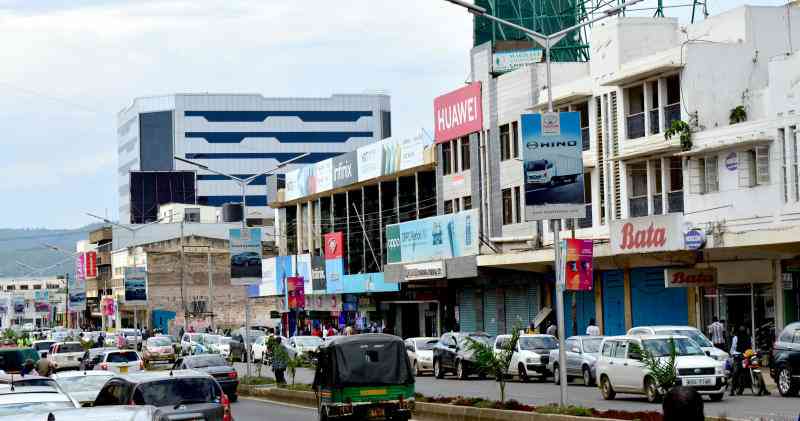
It appears that business in Nairobi has a tribe. Mtu wa mahindi'(roasted maize seller) is likely to come from Murang'a and therefore will be a Kikuyu.
There is no prize for guessing which community leads in panel beating or crafting the best furniture.
 The Standard Group Plc is a multi-media organization with investments in media
platforms spanning newspaper print
operations, television, radio broadcasting, digital and online services. The
Standard Group is recognized as a
leading multi-media house in Kenya with a key influence in matters of national
and international interest.
The Standard Group Plc is a multi-media organization with investments in media
platforms spanning newspaper print
operations, television, radio broadcasting, digital and online services. The
Standard Group is recognized as a
leading multi-media house in Kenya with a key influence in matters of national
and international interest.


